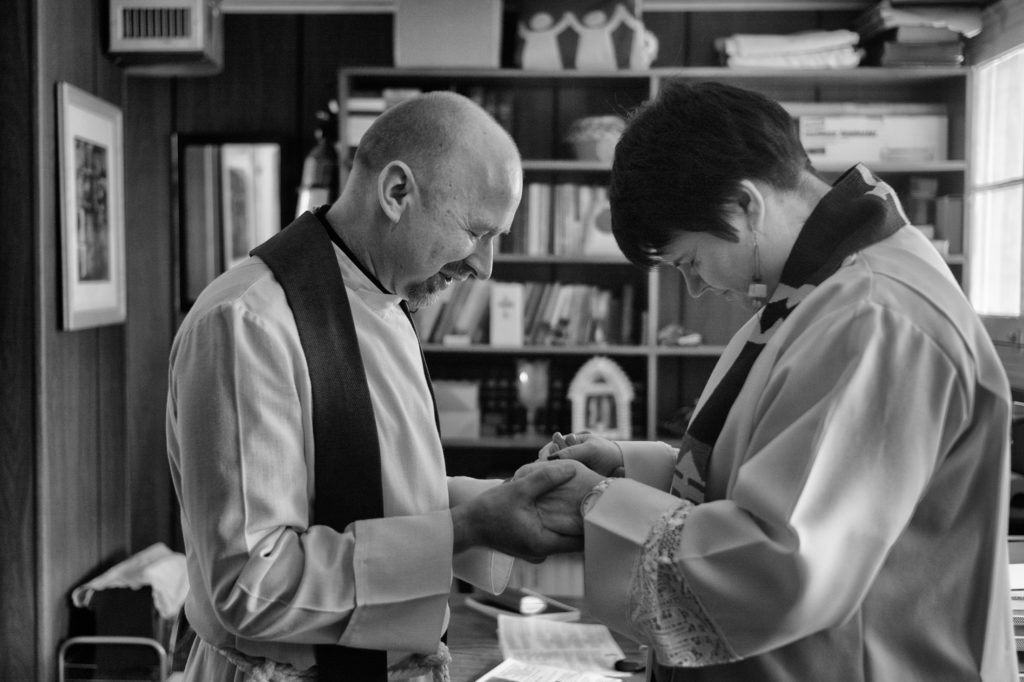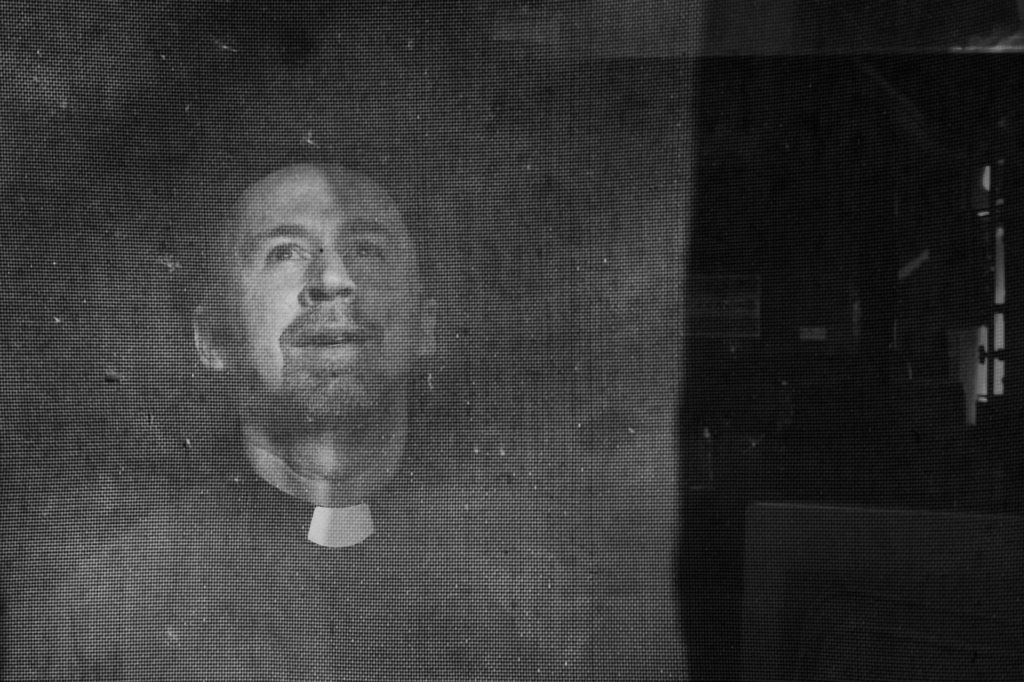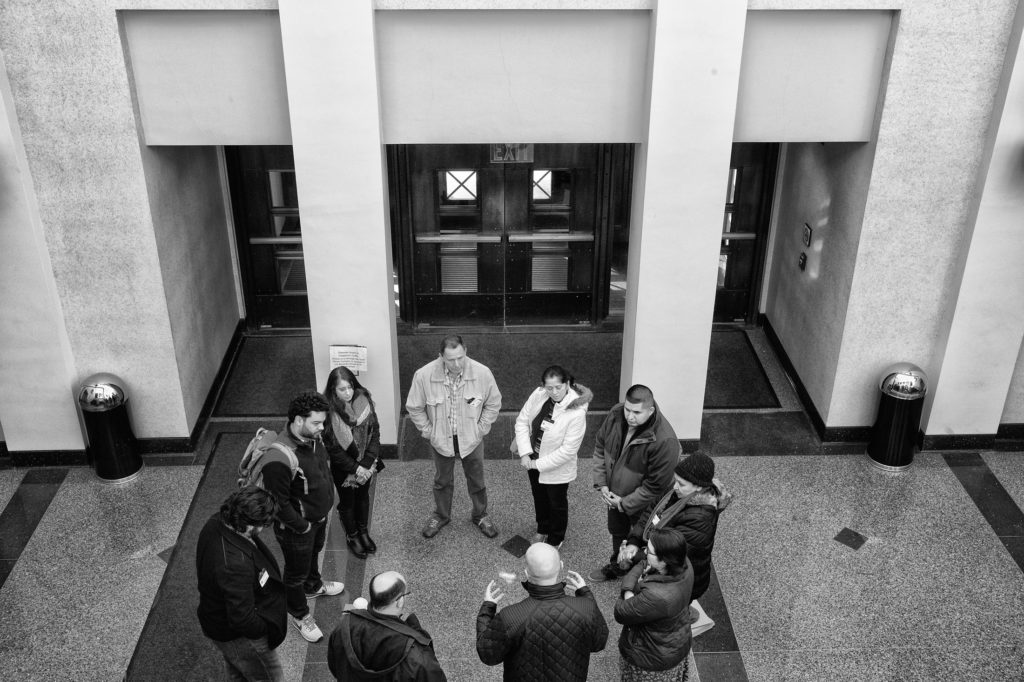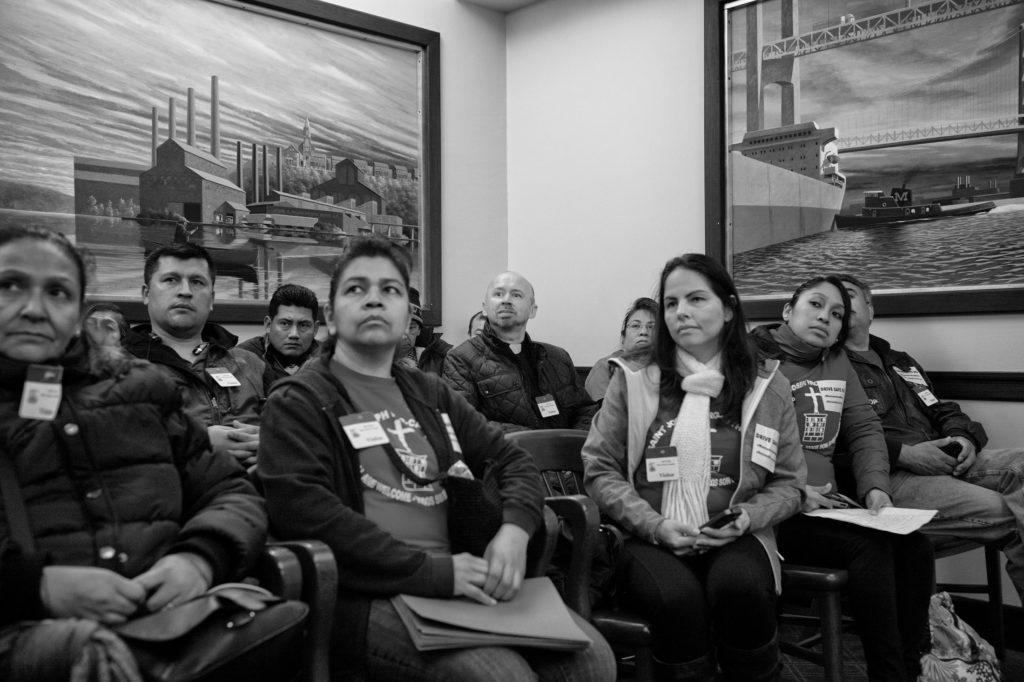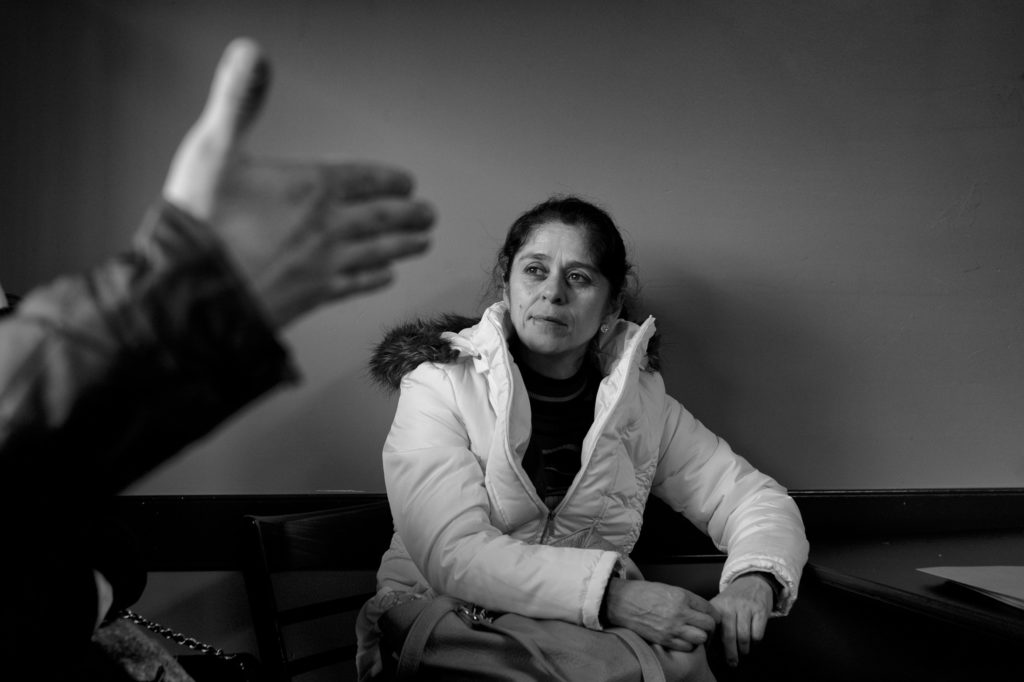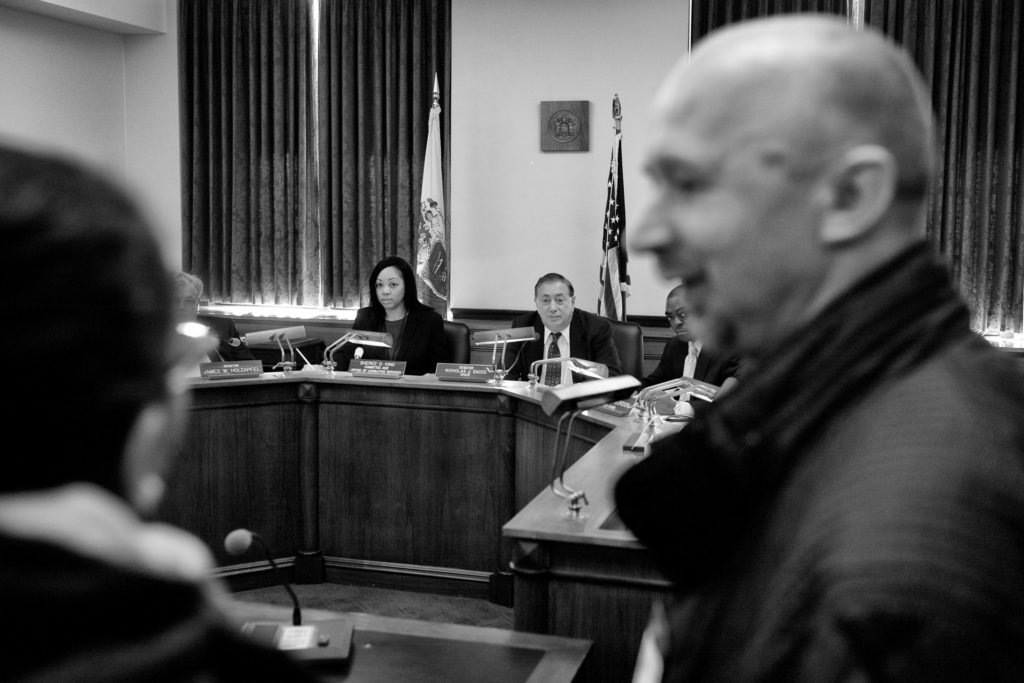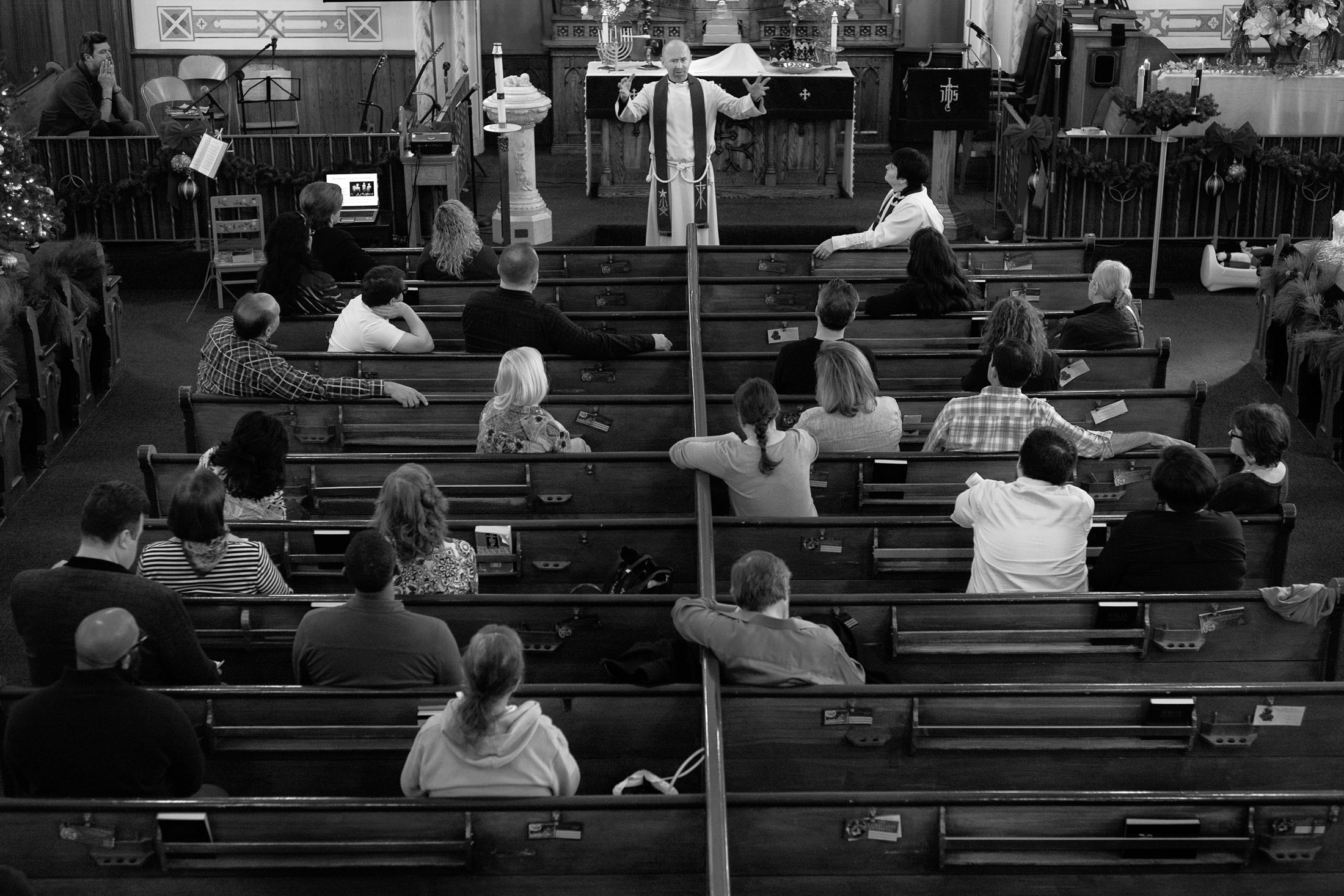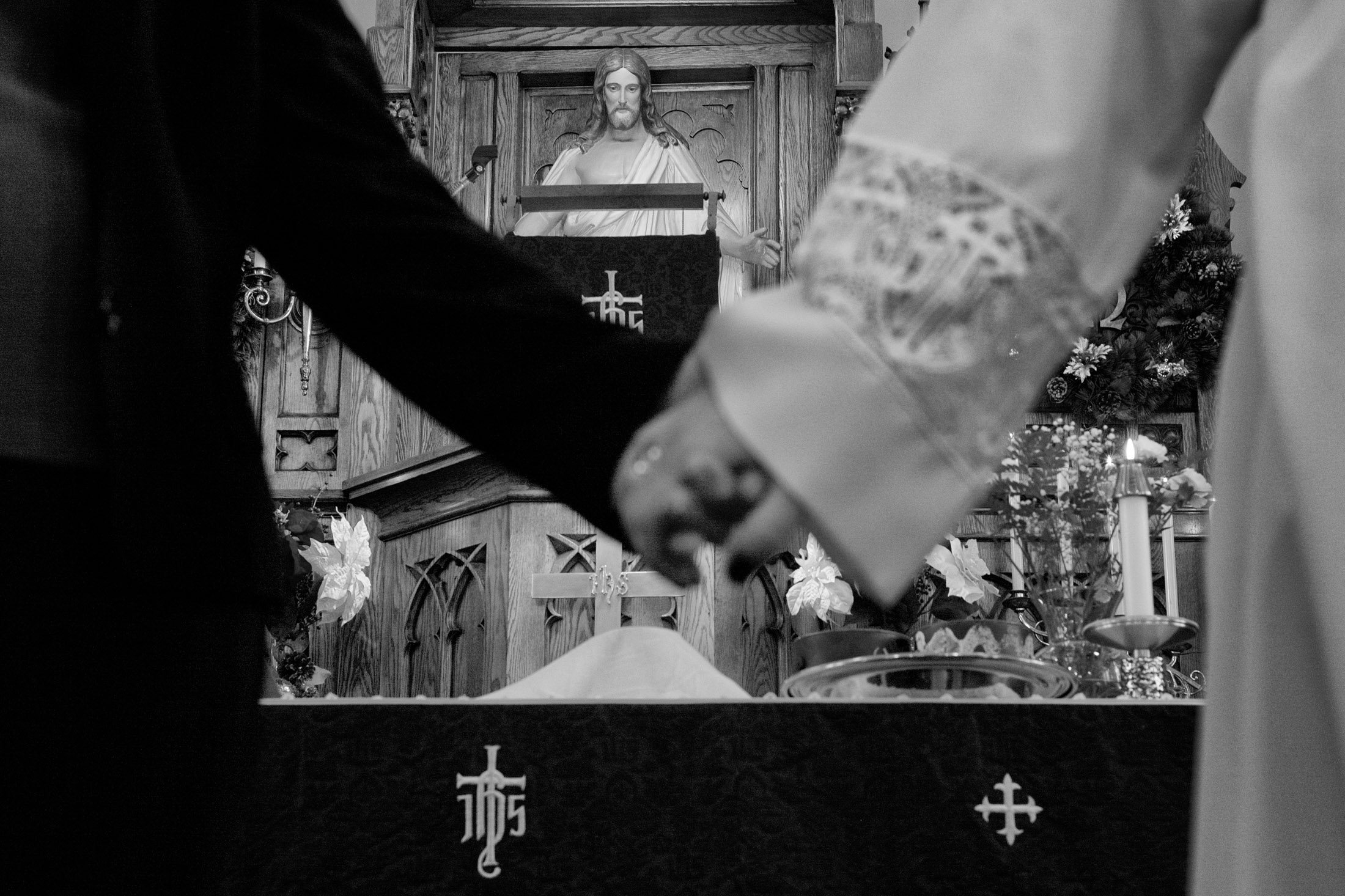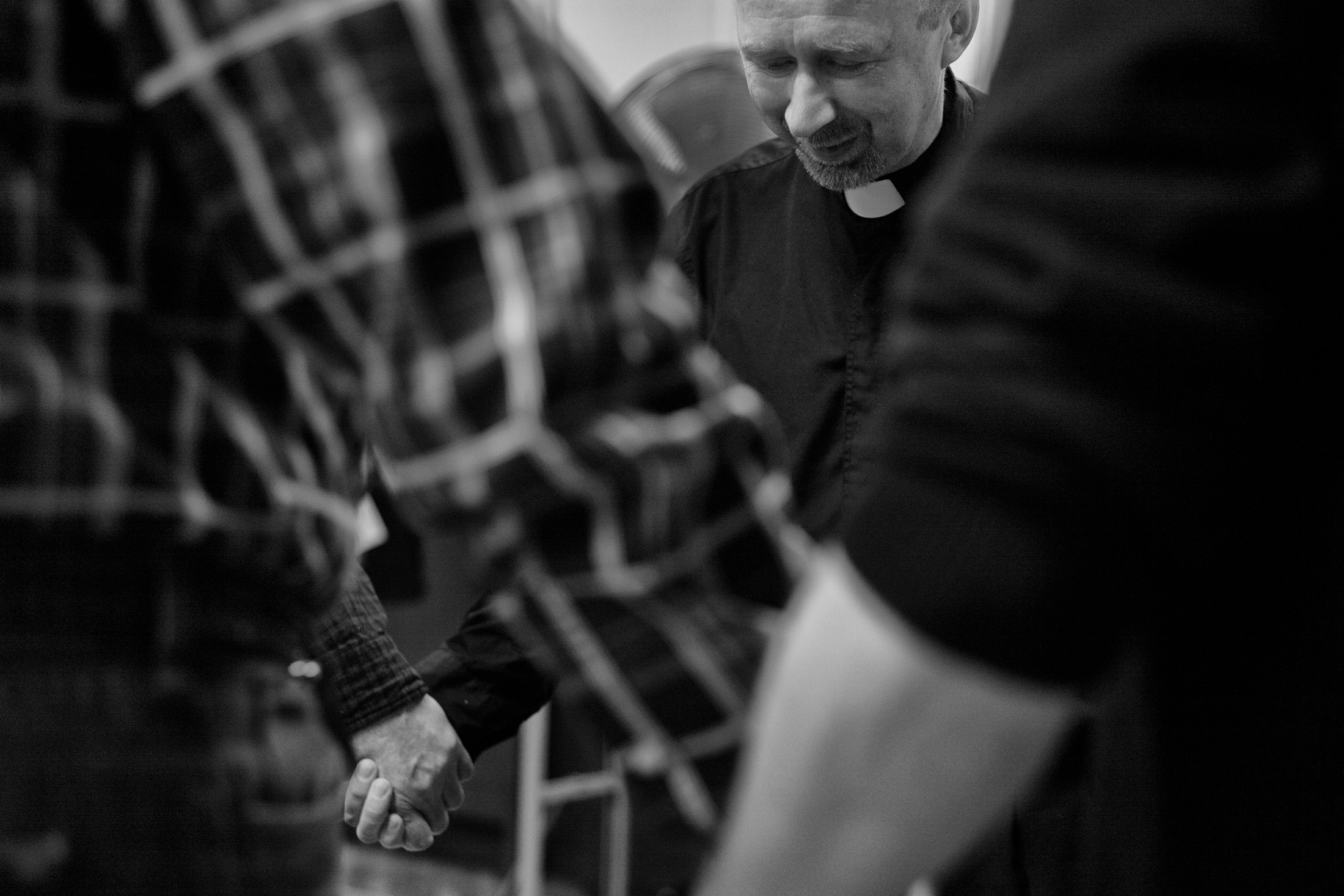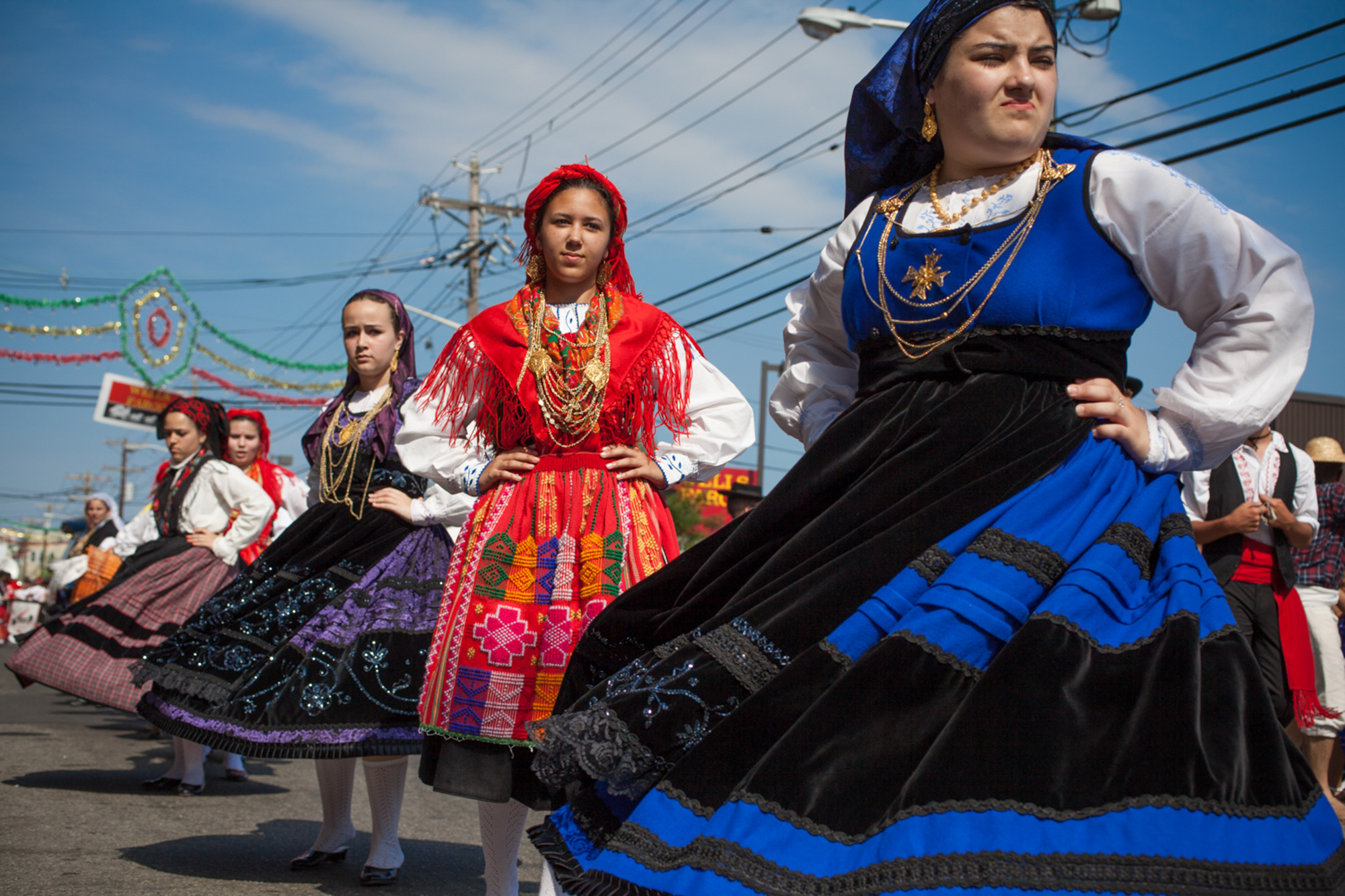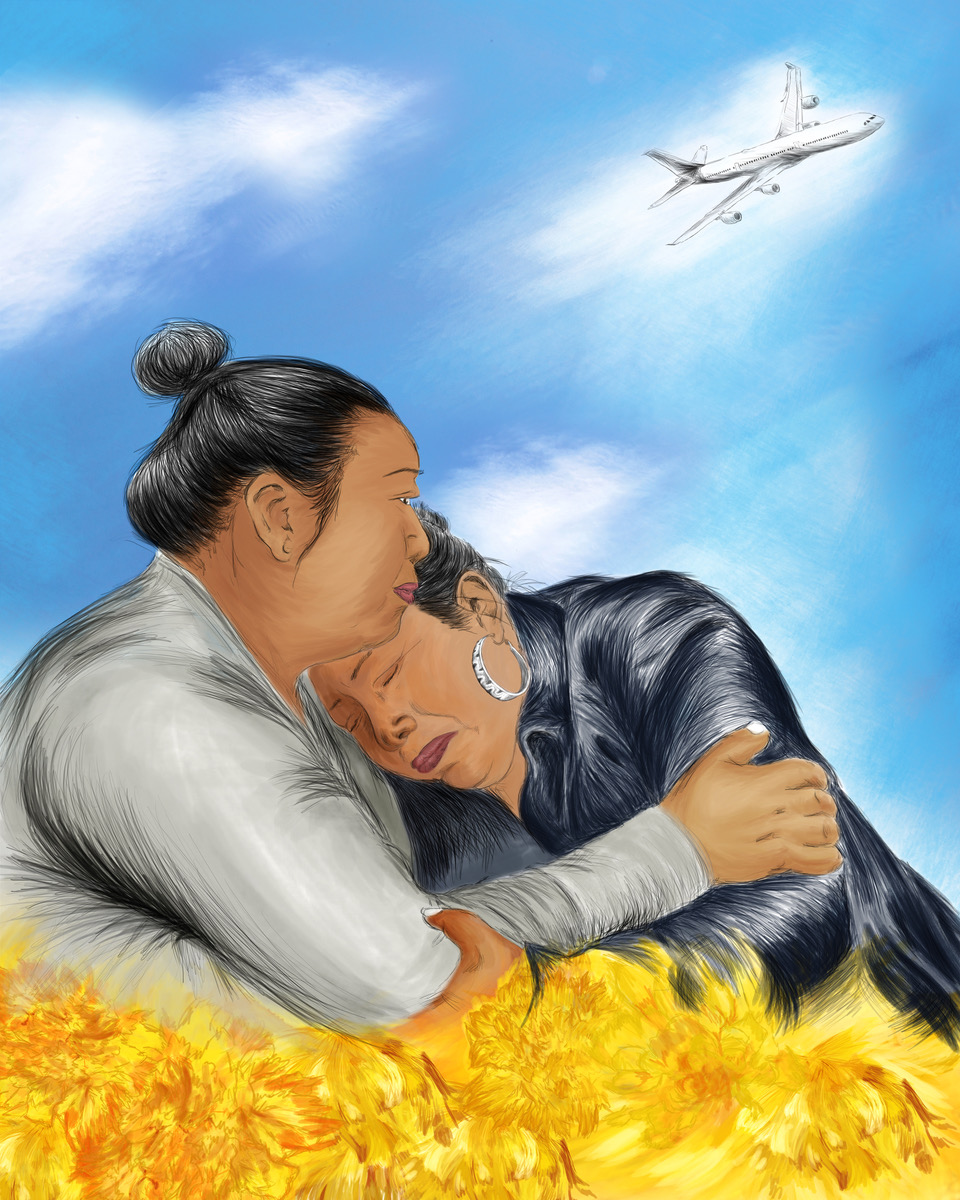The spokes of Newark’s Ironbound neighborhood meet at “Five Corners”– directly in front of St. Stephan’s Grace Community Church. This is no accident. The church’s location is a metaphor for the role it has played for generations of immigrants, who have sought refuge, advice, support, and a roadmap for how to navigate in a new country.
For this Newest Americans audio story, we decided to revisit the church, which we first profiled in the spring of 2016. Stories are not static; they evolve and grow and transform over time. Unlike traditional media, we believe that published stories shouldn’t be retired; they deserve to be built on.
Over the last two years, the congregation of St. Stephan’s has grown increasingly Central American, and deportations have shifted from risk to reality. Anxiety is on the rise, and the church’s advocacy and activism has become even more central to the daily lives of its community.
Through our audio story, you can hear Pastors Moacir Weirich and Maristela Freiberg along with some of their congregants discuss what it’s like on the frontlines of the immigration struggle that’s playing out across the country. Below we’ve published the essay and photographs that were originally published in the spring 2016 issue.
Listen to the audio story
Moacir Weirich left Brazil with his wife, the Rev. Maristela Freiberg, to minister to the immigrant Ironbound neighborhood in Newark. At St. Stephan’s Grace Community Lutheran Church, Pastor Moacir serves a congregation that worships in English, Portuguese and Spanish, honoring the legacy of a church that has served the Ironbound’s immigrant communities since the 19th century.
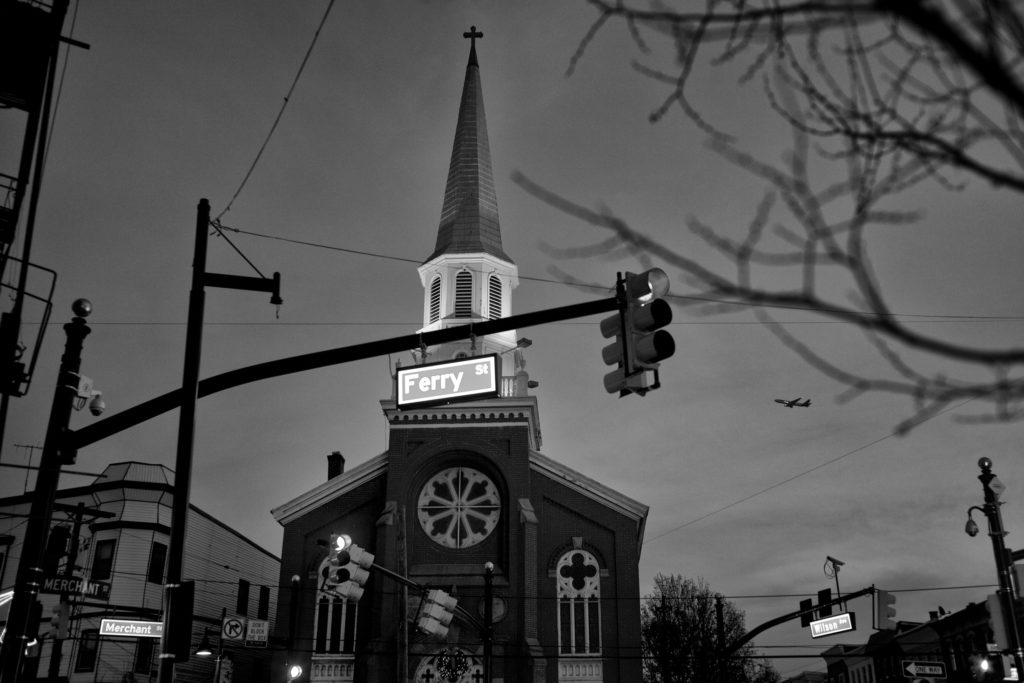
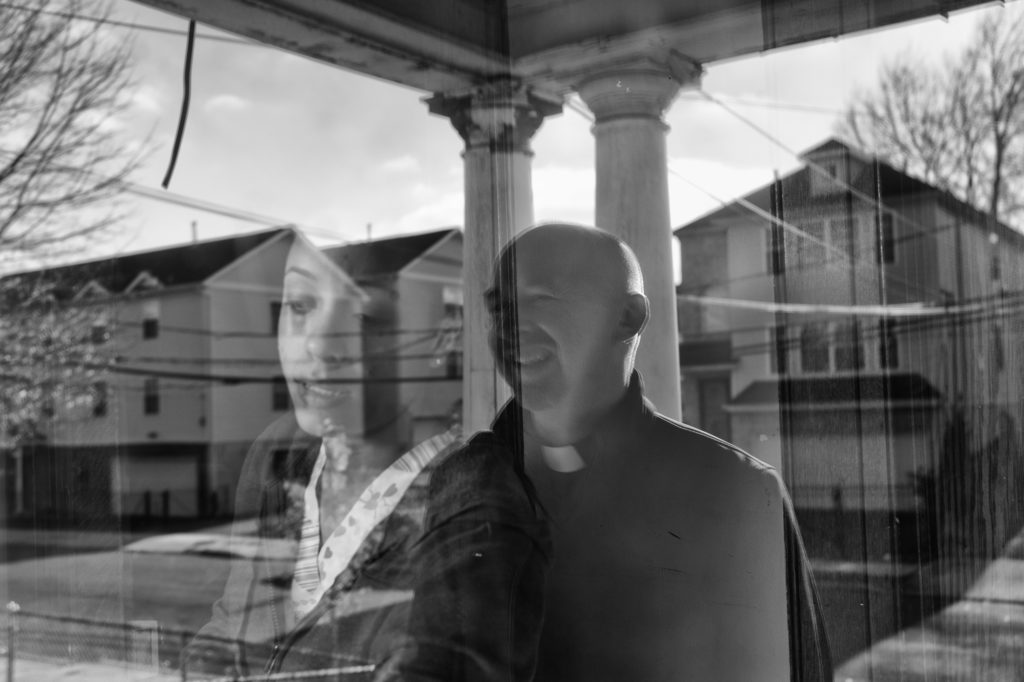
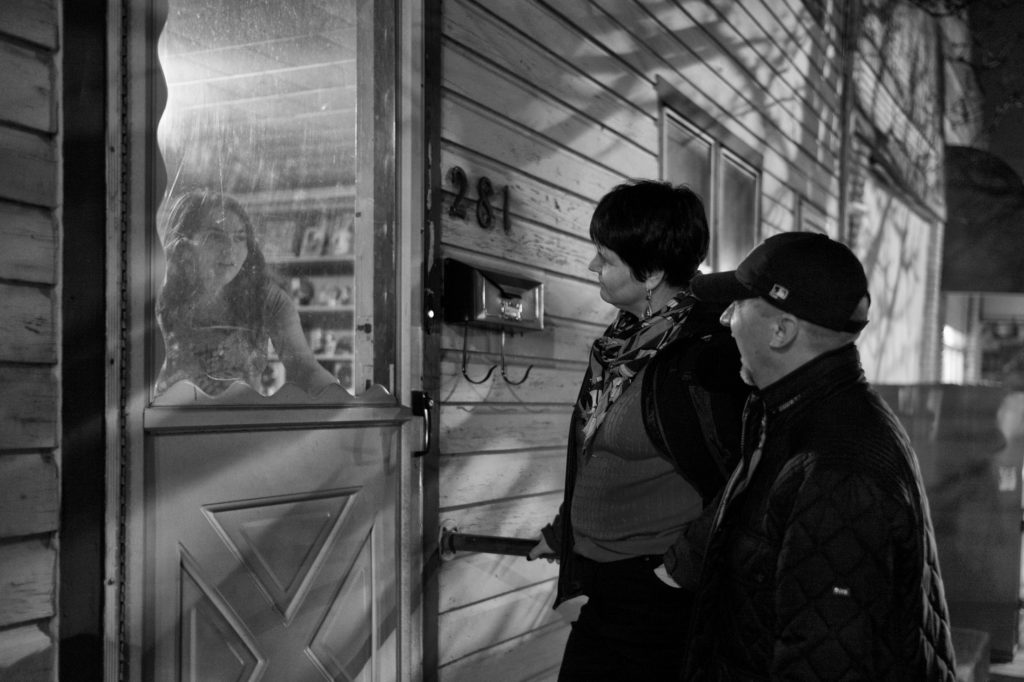
Moacir Pedro Weirich, known in Newark as Pastor Moacir, is no stranger to the immigrant experience. He was born in a German immigrant community in Arativa, Brazil, in the state of Rio Grande do Sul—an area so far south that it occasionally snows. Between 1824 and the early 1900s, thousands of Germans immigrated to southern Brazil in search of a farming livelihood. Among them were Moacir’s great-grandparents. They brought with them their Hunsrück dialect of German, which the community still speaks (with considerable Portuguese influence) and their Lutheran faith. Although he grew up farming with his father, Moacir felt drawn to the church. After divinity school and ordination, he and his wife Maristela Freiberg—also of German descent and also an ordained Lutheran pastor—decided to accept a job running a storefront Lutheran mission in the Ironbound section of Newark, New Jersey.
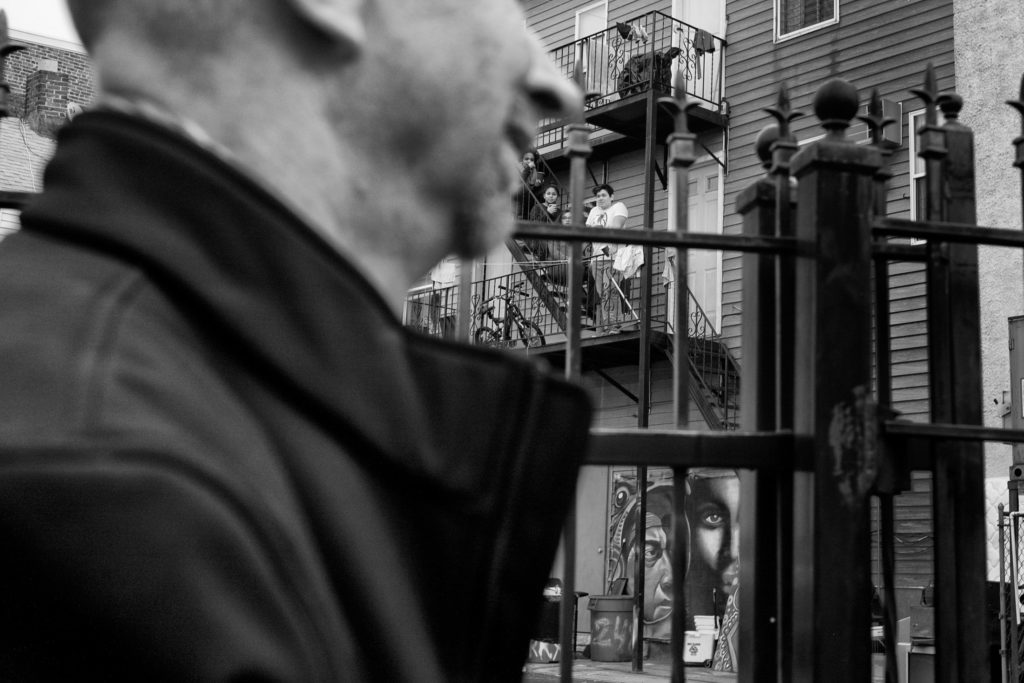
The Ironbound neighborhood Moacir and Maristela moved to covers about 4 square miles of Newark’s East Ward and derives its name from the presence of the railroad and the historic memory of the many iron smelters that once peppered the neighborhood. It is a working class, mainly immigrant community with a population of about 50,000 people.
A cradle of early industry in the United States, the Ironbound has long been the first stop for successive waves of immigrants, beginning with the Irish, who came in 1820 to build the Morris Canal.
Today, the majority of the population are from Portugal, Brazil, Ecuador, and other countries of Latin America, anchored by a community of long-term African American residents. But in the 1870s, the neighborhood was home to a large German immigrant population, which built an imposing brick church at the intersection of Ferry and Wilson Streets in the heart of the Ironbound.
When Moacir and his family arrived in 1997, they had expected to find a thriving community, with people adjusting to life in the U.S. and working at good jobs. Instead, he and Maristela found themselves ministering to people fleeing a disastrous economic downturn in Brazil. Many had lost their jobs, their savings, and their businesses. More often than not, the work they found was in construction, where contractors hired them by the day. “People were working so hard,” says Moacir. “They sent money home, but the cost to them was high. Many were separated from their families for years.”
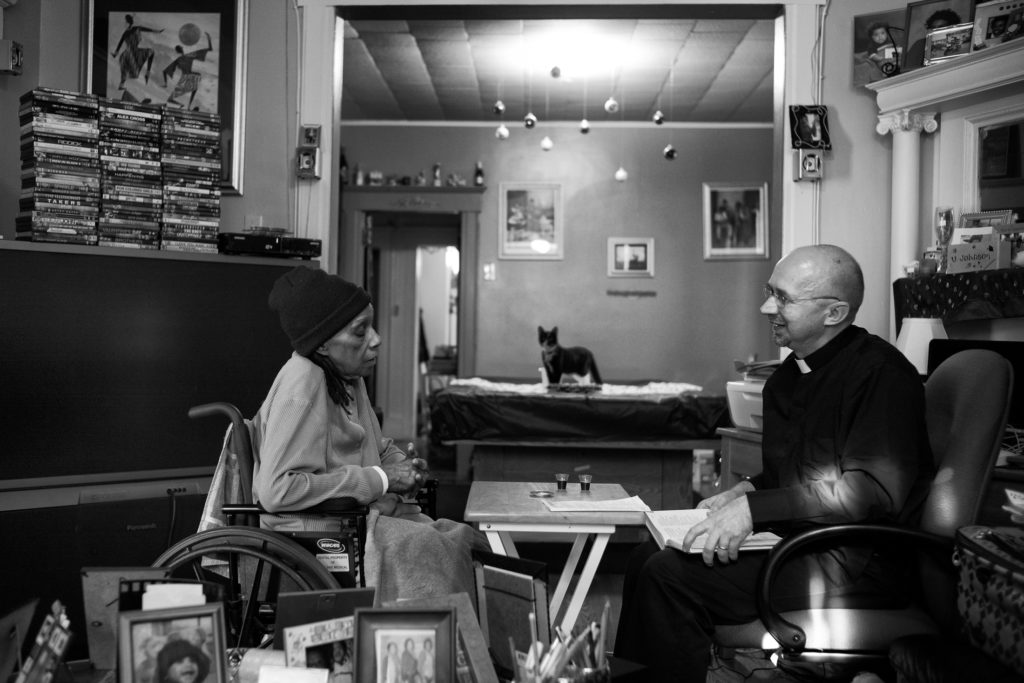
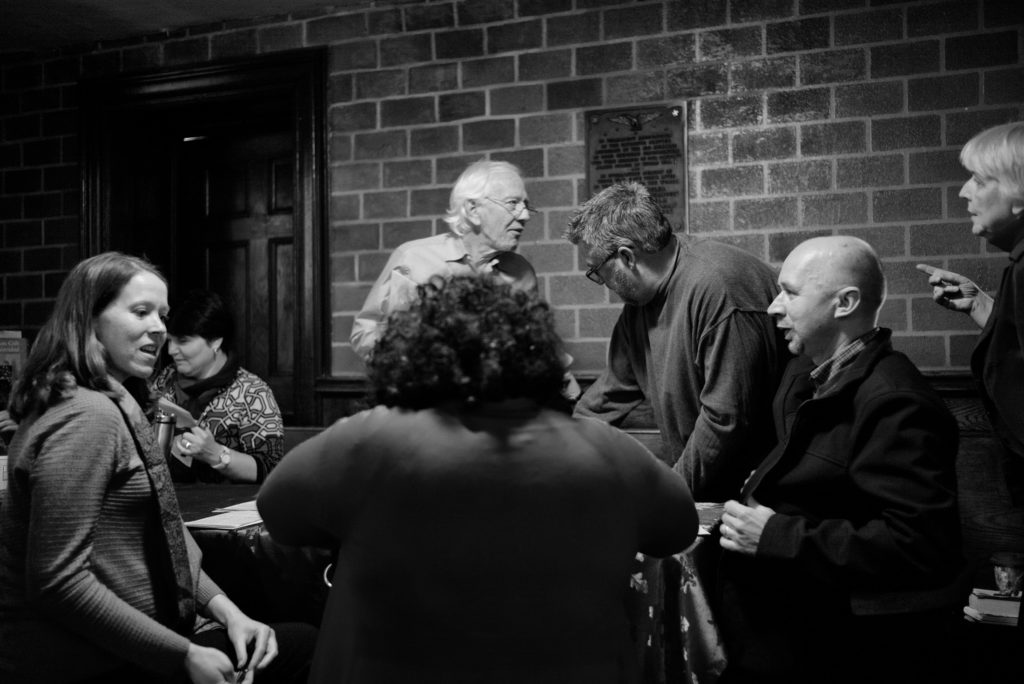
Moacir and Maristela quickly turned the storefront Lutheran Information Center into a support base for immigrants by offering much-needed services. They helped people with paperwork, translated for them, and arranged for health screenings by partnering with the UMDNJ mobile clinic service. They brought in immigration lawyers and held forums so that immigrants could learn the law and learn their rights in a society that looked on them with increasing ambiguity. Moacir became fluent in Spanish in order to support people from the neighborhood’s other major language group. Eventually, the big brick church became available and the couple moved the mission there, agreeing to serve not only the Brazilian and Latino communities, but also the aging descendants of the early German immigrants who built the church.
Consolidating under the name St. Stephan’s Grace Community, the church became a hub for the political struggle around the role of immigrants in U.S. society, as Newark sought to incorporate its immigrant population and make the city safe for them.
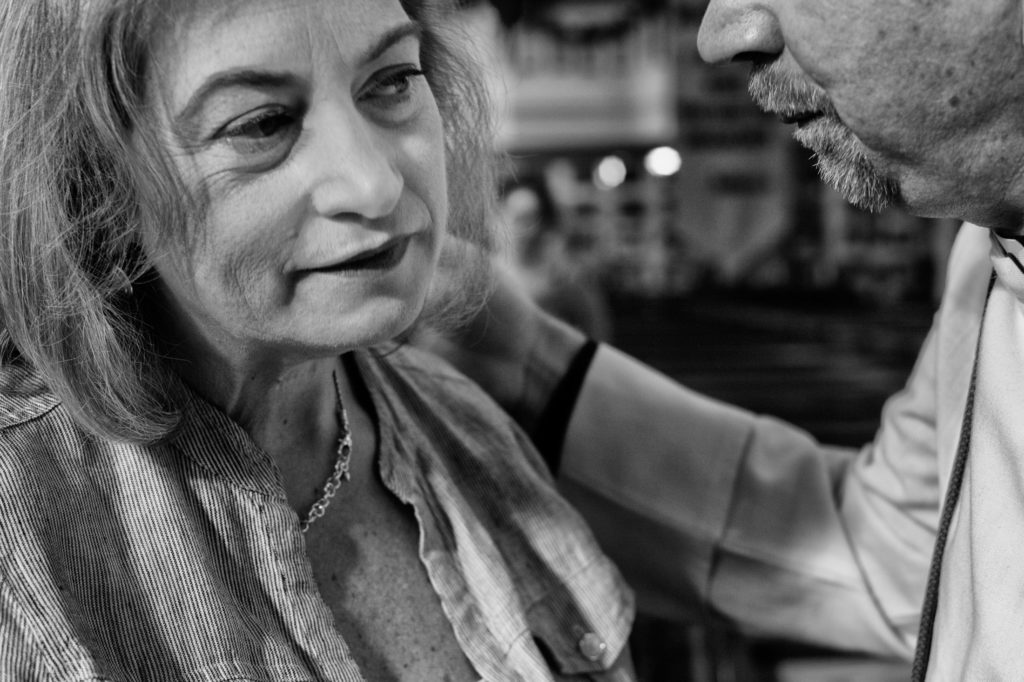
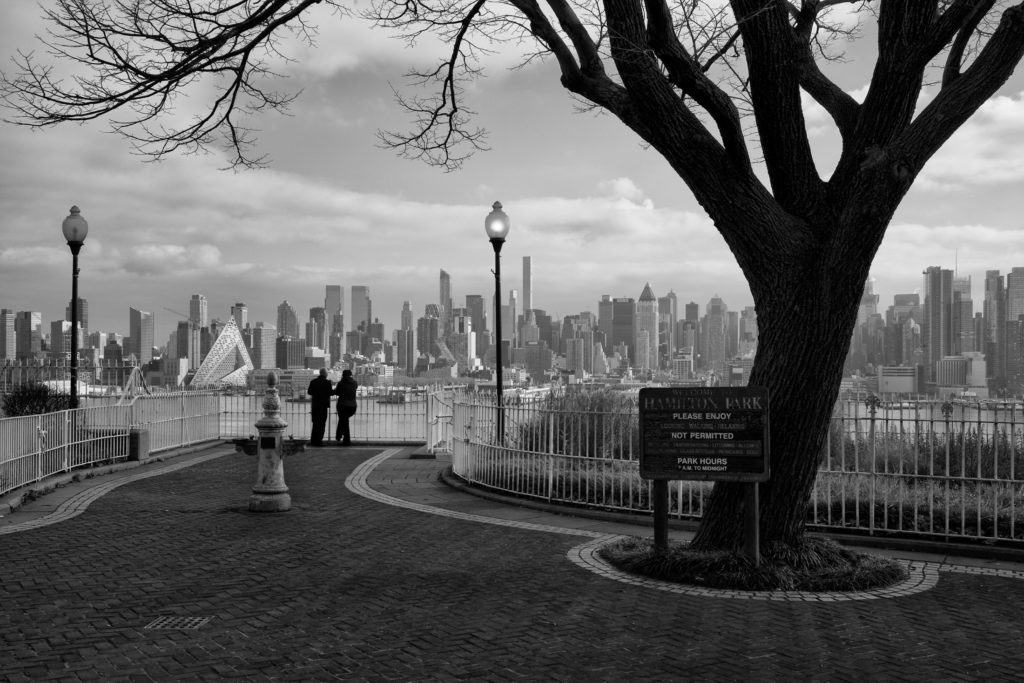

Moacir Weirich surrounded by a group of immigrants pray in the State House of New Jersey in Trenton on December 9, 2015. The group governed in Trenton in support of the bill to allow illegal immigrants in New Jersey to apply for driver’s licenses. Rev. Moacir Weirich came to U.S. from Brasil in 1997 with his wife Rev. Maristela Freiberg to serve congregants at St. Stephan's Grace Community Lutheran Church in the Ironbound section of Newark. 
Moacir Weirich surrounded by a group of immigrants attend the Transportation Committee meeting in the State House of New Jersey in Trenton on December 10, 2015. The group governed in Trenton in support of the bill to allow illegal immigrants in New Jersey to apply for driver’s licenses. Rev. Moacir Weirich came to U.S. from Brasil in 1997 with his wife Rev. Maristela Freiberg to serve congregants at St. Stephan's Grace Community Lutheran Church in the Ironbound section of Newark. 
Community member listen to Moacir Weirich talk after the meetings at the State House of New Jersey in Trenton on December 9, 2015. The group governed in Trenton in support of the bill to allow illegal immigrants in New Jersey to apply for driver’s licenses. Rev. Moacir Weirich came to U.S. from Brasil in 1997 with his wife Rev. Maristela Freiberg to serve congregants at St. Stephan's Grace Community Lutheran Church in the Ironbound section of Newark. 
Moacir Weirich introduces one of the protesters to the Transportation Committee at their meeting in the State House of New Jersey in Trenton on December 10, 2015. The group governed in Trenton in support of the bill to allow illegal immigrants in New Jersey to apply for driver’s licenses. Rev. Moacir Weirich came to U.S. from Brasil in 1997 with his wife Rev. Maristela Freiberg to serve congregants at St. Stephan's Grace Community Lutheran Church in the Ironbound section of Newark.
These days, it’s not uncommon to find Moacir on a picket line, standing up for workers’ rights.
Along with other clergy, mainly from African American churches, he’s joined the fight the Service Employees International Union (SEIU) is leading for better wages and working conditions for the lowest paid airport workers. He’s also joined forces with the immigrant labor rights group New Labor, the statewide New Jersey Working Families Alliance, and Newark City Councilman Eddie Osborne to gain passage of a City ordinance making wage theft (when employers refuse to pay workers the money they’ve earned) illegal. Moacir says the problem is rampant, and particularly impacts undocumented workers because deadbeat employers threaten to call immigration authorities if they complain.
“I think that as a church, we need to be part of these struggles,” says Moacir. “If people work and don’t earn enough money, that affects the whole family at every level. And in an immigrant community, people are afraid to speak up. That’s when I put on my collar and be there.”
